Other Headaches
In addition to migraine-like headaches, many people across Canada experience headaches with other causes including tension-type headaches, post-traumatic headache, primary stabbing headache (“ice-pick headache”), sinus headache, and many more.
Migraine Canada is committed to sharing information and resources about other types of headaches in order to help more Canadians understand, manage, and find treatment for headache symptoms from a wide range of causes, including but not limited to migraine.
Fast Facts About Headaches…
- Headache is a symptom, not a diagnosis
- Headaches are not always easy to diagnose
- The impact of headaches on quality of life is underestimated
- Many headaches are chronic (last for years) and cannot be cured
- Headaches can require a global approach that is often not accessible
- The science on headache is evolving fast and there is hope
Frequently Asked Questions About Headaches
What is the most common cause of headaches?
Headache is a common symptom that can be caused by more than 200 different medical problems. The most common classification of headache is tension-like headache. It is thought to be caused by an interplay between psychological tension and muscle tension. Unlike other headache types, it does not result from illness or lesions.
Migraine-like headache is the second most common classification. It is caused by the neurological disease migraine.
Is Migraine a type of headache?
No, migraine is not a type of headache. Migraine is a neurological disease, and headache is a common symptom of that disease. A “migraine-like headache” is the medical term used to describe a headache caused by migraine.
Can people with migraine get other types of headaches?
Yes! People with migraine have particular brains that may be prone to developing other types of headaches. This includes:
- Post-traumatic headache
- Primary stabbing headache (“ice-pick headache”)
- Cold stimulus-evoked headache (“ice-cream headache”)
- Tension-type headache
- Cervicogenic headache
- Sinus headache
- Sleep apnea headaches
- Medication-overuse headache
For more information on this topic, read our article on other headaches associated with migraine.
Are headaches a public health concern?
Globally, 2% of the population experience chronic tension-type headache. When other types of headache are added to this rate, it is clear that headaches are a public health concern and that headache clinics should be available to Canadians.
For comparison, the prevalences of other well-known diseases
Asthma: 8%
Diabetes: 7%
Epilepsy: 1%
Multiple sclerosis: 2/1000
Resources About Other (not Migiraine-Like) Headaches
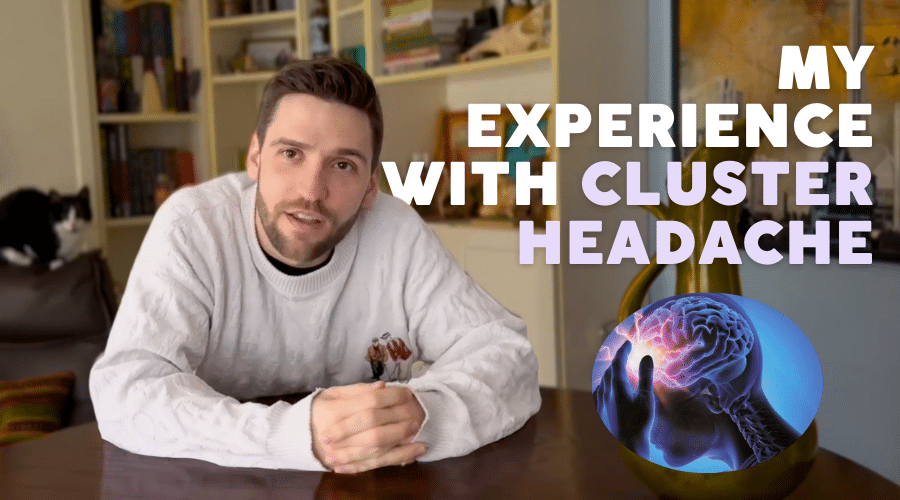
Dustin’s Experience with Cluster Headache
Hear from Dustin as he shares his first cluster headache experience, what his cluster headache cycles are like, how cluster headache impact his life, his coping strategies, what he would say to...
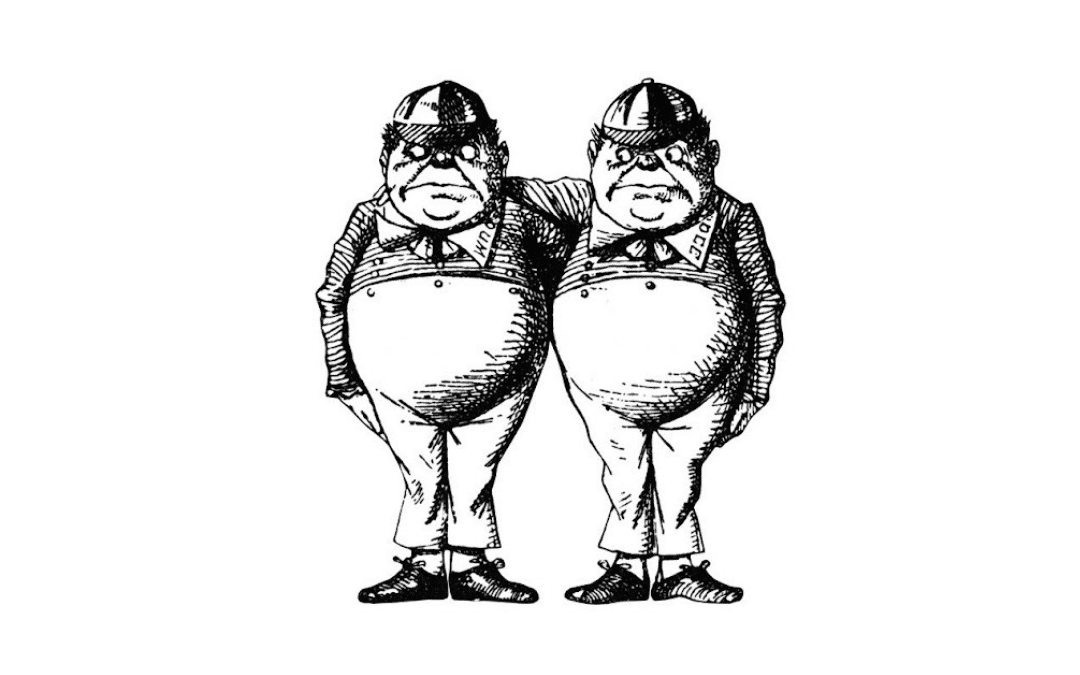
Other Headache Conditions Associated with Migraine
People who experience migraine often develop other types of headaches due to their brain's heightened sensitivity to pain. This article explores various conditions such as post-traumatic headache,...
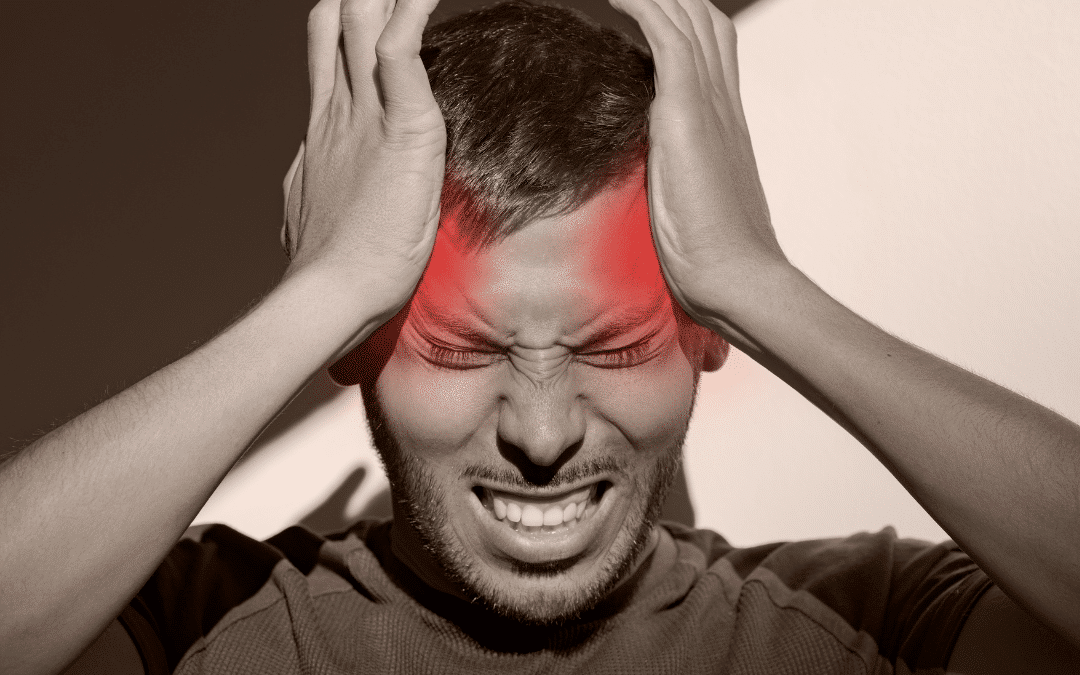
Cluster Headache
Cluster headaches, known for their intense pain, are a debilitating condition that primarily affects the eye, temple, and forehead. These headaches are characterized by severe, rapid-onset pain,...
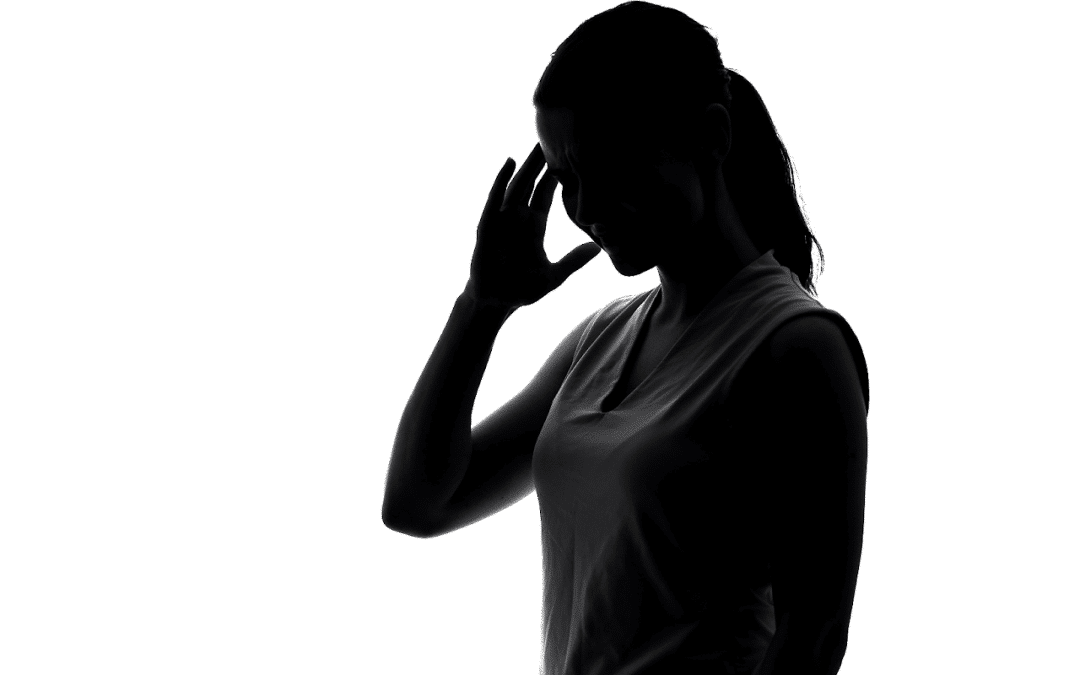
New Daily Persistent Headache
New Daily Persistent Headache (NDPH) presents a perplexing challenge characterized by a sudden onset of continuous, unremitting headache lasting more than three months. Despite extensive diagnostic...

Top Ten Facts About the Neck and Migraine
Are you new to understanding migraine? This article covers the top ten essential facts about migraine for beginners, shedding light on this complex neurological condition. Despite misconceptions,...

Deciphering the Link Between Neck Pain, Migraine, and Cervicogenic Headaches
Understanding the intricate link between neck pain, migraine, and cervicogenic headaches is crucial for effective treatment and management. In this post, we delve into the complex relationships...
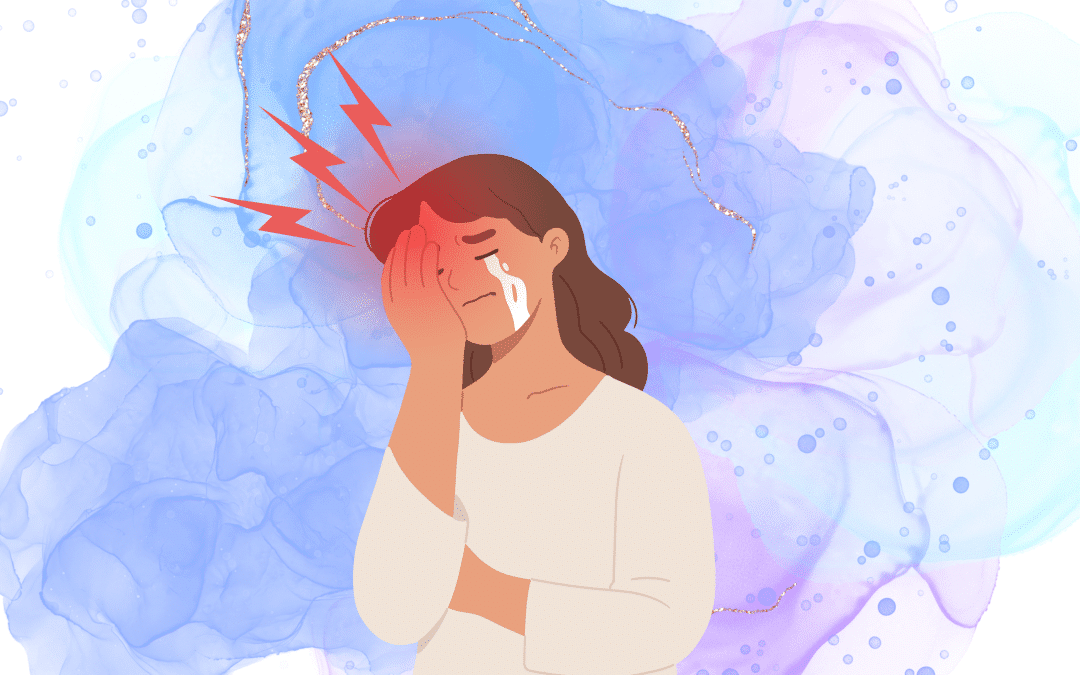
Paroxysmal Hemicrania & Hemicrania Continua: The Little Cousins of Cluster Headache
Paroxysmal Hemicrania (PH) and Hemicrania Continua (HC) are rare but impactful headache conditions characterized by unilateral pain and distinct autonomic symptoms. Varying in intensity, frequency,...

Intracranial Hypertension or Pseudotumor Cerebri: The Basics
What is Idiopathic Intracranial Hypertension (IIH)? Idiopathic Intracranial Hypertension (IIH), also known as pseudotumor cerebri, is a condition where the pressure inside the skull increases...
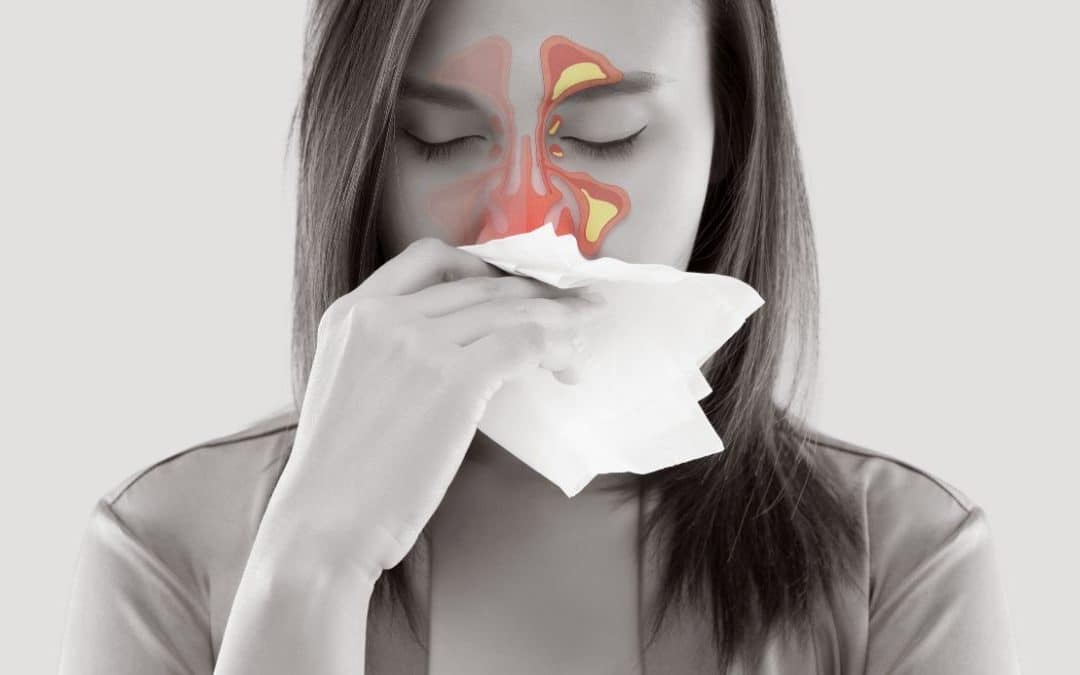
Deciphering Sinus Headaches: Migraine vs. Sinusitis
Deciphering between sinus headaches and migraines is crucial, as they often overlap in symptoms but require vastly different treatments. Research indicates that a significant...
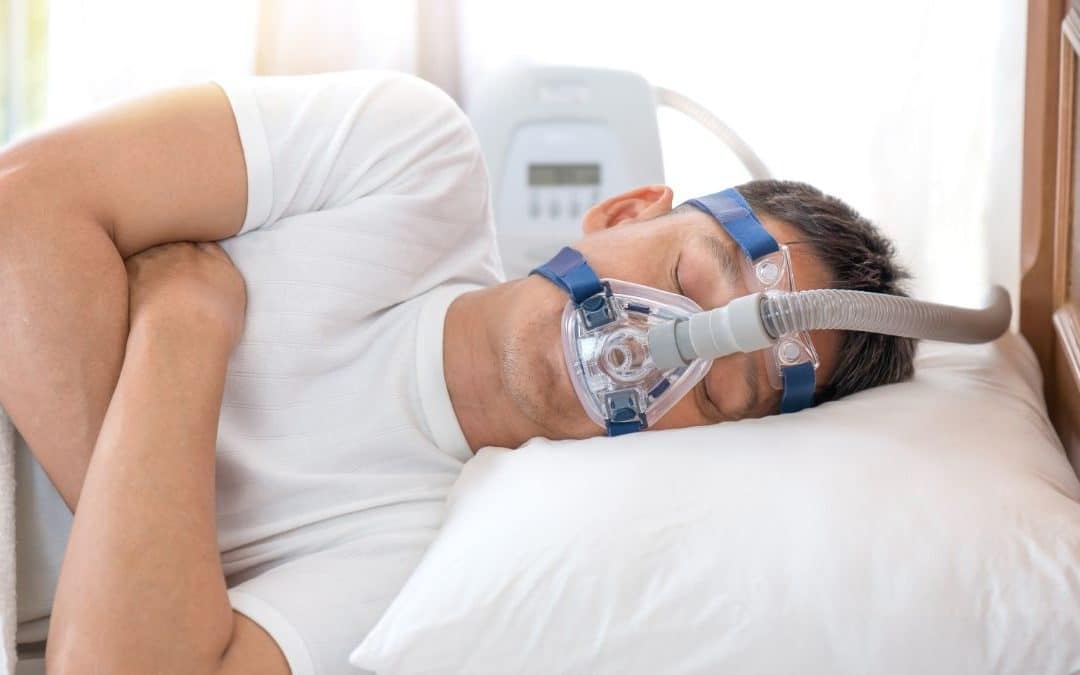
Sleep Apnea and Migraine
Sleep apnea and migraine are two prevalent but often interconnected conditions that can significantly impact an individual's quality of life. Sleep apnea, characterized by disruptions in breathing...

Trigeminal Neuralgia
Trigeminal Neuralgia (TN) is a debilitating facial pain condition stemming from issues with the trigeminal nerve, which governs facial sensation. Typically characterized by sudden, intense...
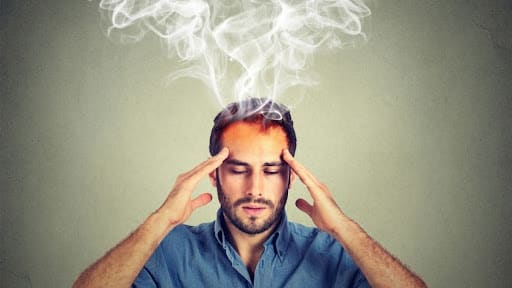
Tension Type Headache
Understanding tension type headache (TTH) is crucial, especially for individuals experiencing frequent or chronic headache that affects their daily life. This article explores key facts about TTH,...
